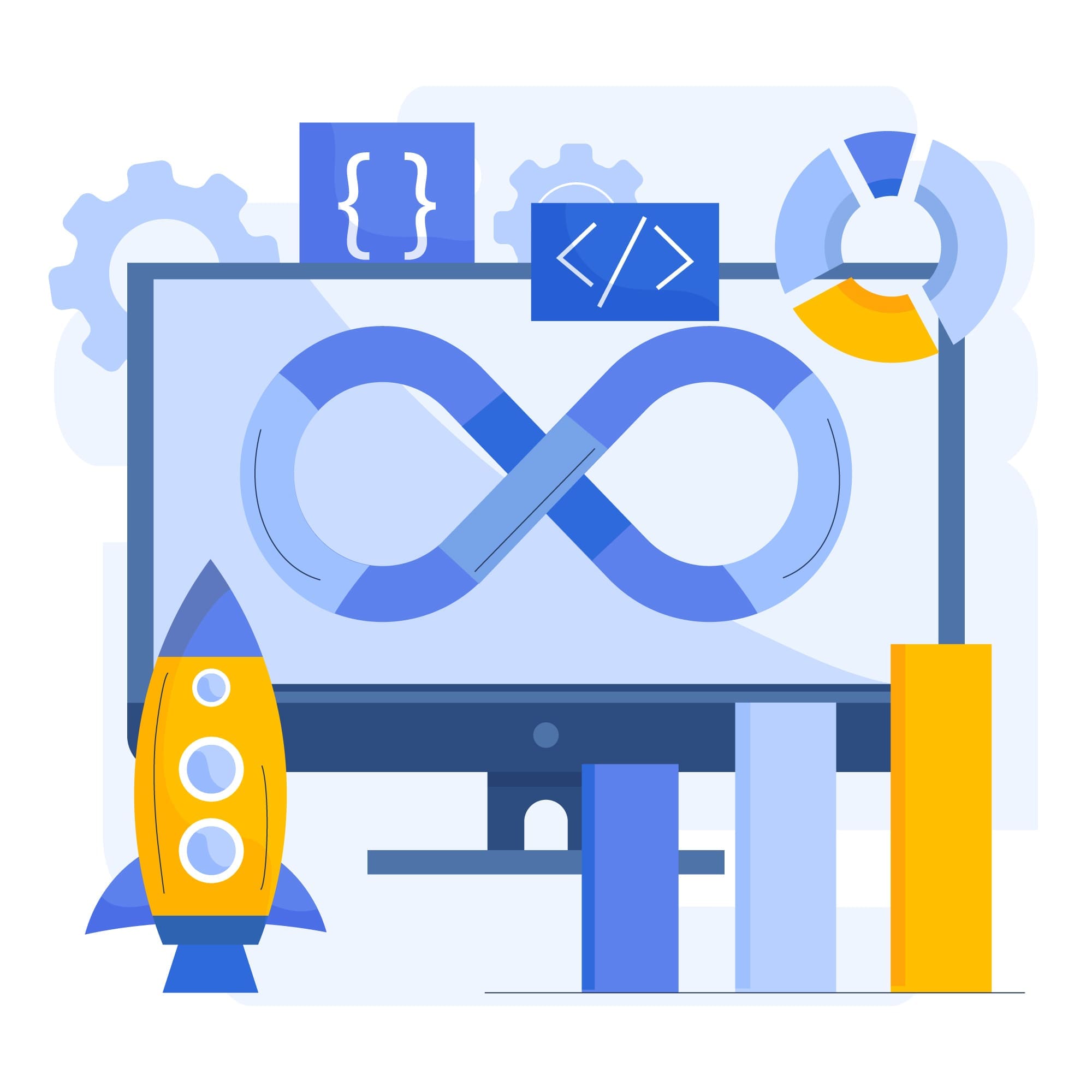Node.js web development
Keeping up with the newest trends and technology in web development is challenging because the sector is always changing. Node.js web development is widely recognized as one of the most powerful and flexible tools for creating web apps.
Developers may create scalable, high-performance apps in JavaScript with the help of Node.js, a robust runtime environment. However, it can be time-consuming to create complex web applications from scratch in Node.js, that’s why Node.js frameworks exist. This article will discuss the best Node.js frameworks that will allow you to work more quickly and effectively as a developer.
- Express.js
Express.js, a web framework for Node.js, is both powerful and popular because of the minimalistic and adaptable structure it provides for creating web applications. It’s one of the most popular frameworks, and its developer community has produced many useful add-ons that may be quickly included into software development efforts.
Express.js is built to be extensible, so developers can easily add features like session management, authentication, and logging. It also works with a number of different templating engines, including Pug and EJS, so developers can pick the one that works best for their specific needs.
- Koa.js
Koa.js is a small, expressive web framework for Node.js that allows for greater freedom and control while developing websites. It provides a middleware-based strategy for developers to create web applications with a focus on modularity and extensibility.
Koa.js’s async functions and error handling middleware are two of its strongest points since they encourage cleaner, easier-to-read code. Koa.js is great for developing APIs or microservices because its footprint is less than that of other frameworks.
- Mean.js
Mean.js is a comprehensive JavaScript stack for creating web applications. It has a flexible and modular design that speeds up the process of creating and releasing new apps.
Mean.js is a highly versatile choice for developing apps due to its built-in support for a wide range of front-end frameworks including Angular and React, as well as its support for integrating with databases, authenticating users, and communicating in real-time.
- Hapi.js
With its modular, plugin-based design, Hapi.js is a powerful and scalable web framework for Node.js. Features like caching, input validation, and authentication are provided to facilitate rapid application development and deployment.
Hapi.js’s built-in support for security and input validation makes it a popular choice for enterprise-level applications. It simplifies application upkeep and update by providing thorough documentation and testing tools.
- Restify
Restify is a Node.js web framework made especially for developing RESTful APIs. Easy API development and deployment is facilitated by in-built support for request throttling, input validation, and API versioning. Restify’s flexibility as a tool for app development is further enhanced by its compatibility with multiple database systems.
- Nest.js
Nest.js is a web framework for the Node.js web server that is up-to-date and progressive in its approach to application development. It gives developers a framework built on modules, controllers, and services, which they may use to create well-structured applications.
TypeScript is used in the development of Nest.js to ensure a well-typed environment and powerful support for developers. It’s a wonderful choice for developing real-time apps thanks to its wide range of capabilities, including dependency injection, GraphQL integration, and WebSocket support.
- Fastify
Fastify is a lightweight web framework for Node.js that can manage heavy loads with ease. It’s simple to create and deploy apps with its in-built request validation, error handling, and plugin architecture.
Fastify is a versatile solution for developing applications as it integrates with many different front-end frameworks.
- Meteor.js
Meteor.js is a full-stack JavaScript framework for developing real-time web and mobile apps. Features like real-time data updates, database synchronisation, and hot code reloading make it simple to create and release applications in a short amount of time.
Meteor.js is a strongly opinionated framework that offers a complete set of tools for creating applications. This can be helpful for developers, especially those who are just getting started with Node.js.
- Sails.js
Web developers interested in Node.js will like Sails.js, a cutting-edge framework with an MVC focus that offers scalability and modularity. It has automatic RESTful API generation, web socket compatibility, and real-time communication integrated right in.
- Loopback.js
Loopback.js is a flexible Node.js framework for creating API-based software. Model-based data access, API documentation, and security are just a few of the features that help developers create and release applications rapidly.
Loopback.js is a viable choice for developing applications because it is compatible with multiple databases. Developers may quickly create RESTful APIs because to its model-based data access strategy.
- Adonis.js
Full-featured database connectivity, authentication, and real-time communication are all incorporated into Adonis.js, an MVC framework for Node.js. Its scalable and modular design facilitates rapid application development and deployment. It’s a wonderful option for developers new to Node.js due to its strict adherence to conventions and user-friendly CLI.
- Total.js
As a modern web framework built on top of Node.js, Total.js is both lightweight and powerful. Its modular design makes it easy to scale to meet growing demands. Rapid application development and deployment are facilitated by the framework’s native support for RESTful API creation, real-time communication, and modularization.
For developers who prioritize efficiency over tweaking, its minimalist design and straightforward API make it an excellent option. However, there may be fewer plugins and modules available than with competing frameworks due to the smaller community.
- Feathers.js
Feathers.js is meant to be adaptable and modular so that developers can pick and choose the features they require. In addition to standard login and authorisation protocols like OAuth and JSON Web Tokens (JWT), it offers native support for a wide range of databases.
Feathers.js’s real-time capabilities are one of its most attractive features. Thanks to its support for WebSockets, developers may create highly interactive apps that are updated instantaneously.
- Strapi
Strapi, a Node.js-based headless CMS, offers a flexible and extensible framework for creating websites and applications of all sizes. Support for content modelling, user authentication, and media management has been integrated right in, allowing for rapid CMS-driven application development and deployment.
- KeystoneJS
KeystoneJS is a content management system (CMS) and web application framework written in Node.js that features a highly adaptable and modular design. It’s easy to create and deploy apps with its in-built support for data modelling, user authentication, and flexible UI components. KeystoneJS is an extremely versatile solution for developing apps because it supports a wide range of databases, including MongoDB and PostgreSQL.
Conclusion
Whether you’re making a simple website or a complex web application, the frameworks discussed in this post will make your life easier and the final product better. Each framework has advantages and disadvantages, so it’s important to weigh your project’s requirements against those of each option before making a final decision.









